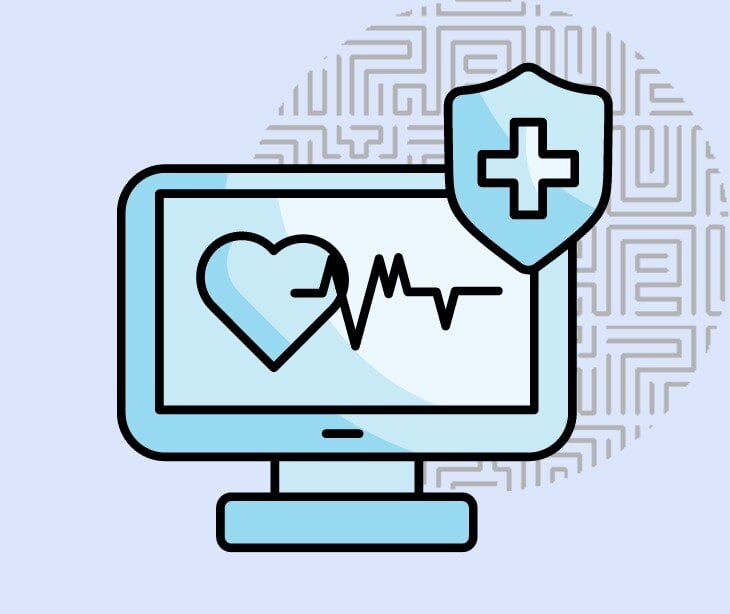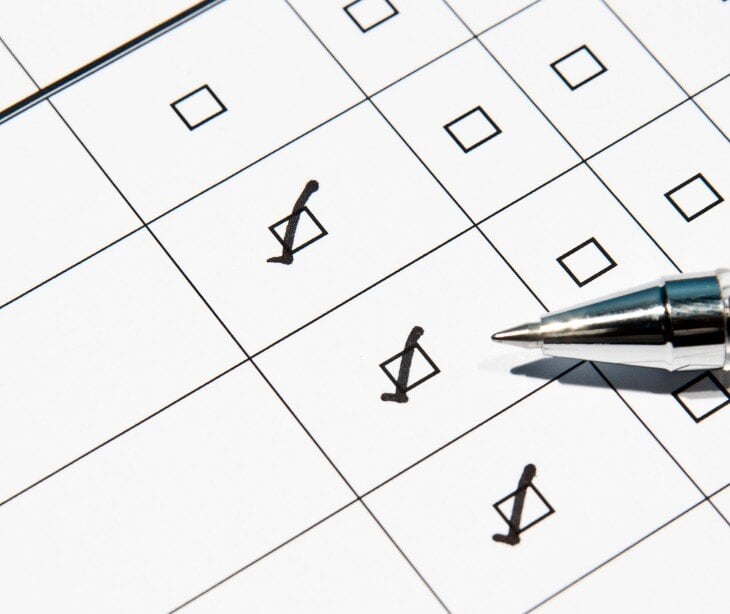%20(68).jpg)
Loved ones, like family, friends, and mentors, can provide stability and additional support to those facing mental health challenges. Healthcare professionals should guide those who have a loved one with mental illness by communicating when appropriate, helping them find support groups, and providing caregiver information if necessary.
The role of loved ones in mental health treatment
According to a study from the Singapore Medical Journal, loved ones of those with mental health challenges often face issues of confidentiality, vulnerability, stigma, and poor rapport with their service provider. The study added, “For the service providers, apart from the stigma towards families of patients with mental illness, barriers to family engagement include concerns about the lack of time, resources and training to engage the family.”
Effective communication between loved ones and mental healthcare providers helps family members understand the illness and treatment process. Mental health professionals can guide them on how to provide optimal support, manage crises, and spot signs of deteriorating mental health. Informed and engaged, loved ones ensure the patient stays on track with therapies and appointments, creating a cohesive support network that enhances the treatment.
Support for the caregivers themselves is also necessary. Caring for someone with mental health challenges can be taxing. Resources like counseling for family members, support groups to connect with others in similar situations, and educational materials about mental health are beneficial. These resources help prevent caregiver burnout and create a nurturing environment for the caregiver and the patient.
How to provide loved ones with support
- Create personalized caregiver manuals including detailed information tailored to the patient's condition.
- Provide a dedicated phone line or email address where caregivers can quickly reach out for advice or support in dealing with immediate issues.
- If possible, offer or defer to a state or private social work organization that conducts home visit services where someone can observe the patient and caregiver in their environment.
- Facilitating or recommending support groups can be incredibly beneficial.
- Practitioners can provide information on respite care services, giving caregivers necessary breaks.
- Training loved ones in crisis intervention can prepare them for potential emergencies. Practitioners can teach techniques for de-escalation, recognizing signs of a worsening condition, and when to seek additional professional help.
See also: HIPAA Compliant Email: The Definitive Guide
FAQs
Can providers share patient PHI with caregivers?
Yes, providers can share patient PHI with caregivers if the patient has given permission or if it is necessary for the patient’s care and the patient has not objected.
What is the difference between authorization and consent?
Authorization is a detailed document that permits covered entities to use protected health information for specific purposes outside of routine care, payment, and business operations; consent is a general agreement covering the use and disclosure of PHI for treatment, payment, and healthcare operations.
What is an NPP?
A Notice of Privacy Practices is a document that health care providers and plans must provide, explaining how they use, share, and protect a patient's personal health information, and outlining the patient's rights regarding their PHI.




